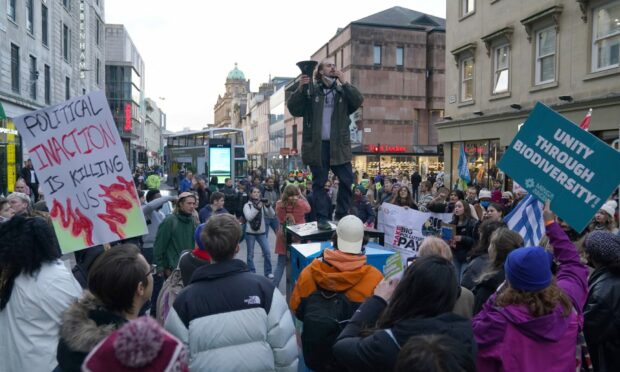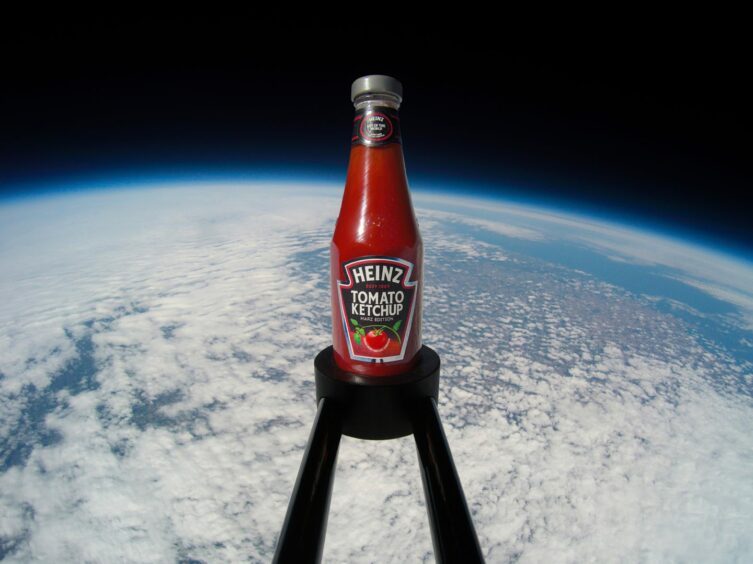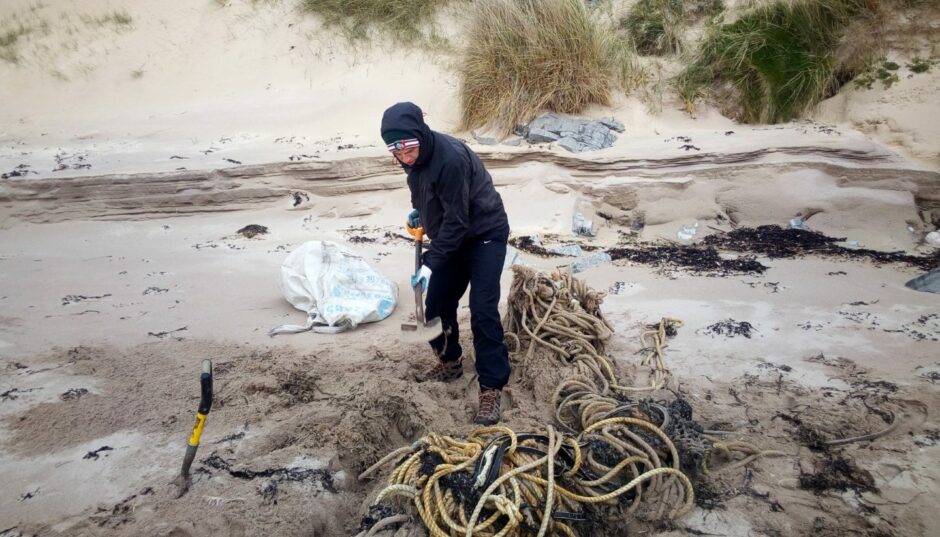It has been a palindromic week at Fyne Place. As you probably know, a palindrome is a word, phrase, or sequence that reads the same backwards as forwards.
The oft quoted example is the Napoleonic phrase “able was I ere I saw Elba”, much loved by English teachers, sundry academics, those who devour dictionaries and that irritating breed who seem to find fame on TV and radio quiz programmes without anyone being able to recall how, or why, they became celebrities in the first place.
At a simpler level, for a lexicography laggard like me, yesterday’s date was 12-11-21. Perfectly palindromic. It seemed especially meaningful because this past week, I didn’t really know if I was coming or going.
As the huff and puff, high-heidyins and hoi polloi of COP26 depart from our shores and most of us return to driving vehicles powered by fossil fuels, eating food from flatulent cattle, dreaming of flying to sun-drenched foreign holidays, flinging tonnes of unnecessary waste into our recycling bins, all while fulminating furiously about why others need to do their bit to save our planet, life has a distinct feeling of back to the future about it.
My brain has been struggling to work out how the Earth managed to warm up to melt all the glaciers of the Ice Age, from about 20,000 years ago, apparently without the currently malevolent influences of mankind. My cerebral cortex has also been challenged by the revelation that scientists in the US have spent two years creating bottles of ketchup made from tomatoes grown in seemingly impossible soil conditions similar to the hostile and harsh environment found on the planet Mars.
As the Earth’s soil degrades, those running the project suggest that we might need to look elsewhere for alternative growing options, such as in space and on other planets.
Well, perhaps, but I’m not convinced that when our planet’s ability to sustain life begins to run out, creating extra-terrestrial bottles of tomato ketchup will be high on our priority lists. Finding ways to make invaluable brown HP sauce, definitely, yes, but Heinz ketchup, no.
Similarly, in a world where some professional footballers are paid eye-watering sums of money every week to try and kick a ball between a couple of white sticks, with widely varying degrees of success it has to be said, we don’t seem to be able to find the comparatively paltry sums to sustainably fund a ranger to keep Scotland’s spectacular Far North beaches free from the dumped detritus of the world’s plastic-based throw-away culture.
In past years, these rangers and their volunteer helpers have not only cleared vast quantities of waste from this glorious coastline but also helped educate visitors about the importance of changing the way we treat our natural environment.
In the week when thousands marched through Glasgow to demand planet-saving action, it’s ironic that such simple measures as this ranger service are facing closure.
More alarming, though, is Mrs F’s new-found zeal for tackling waste by issuing a decree that I have to set about our once capacious shed that is now full to the brim of stuff we no longer need or want.
Tackling it will be akin to an archaeological dig, perhaps unearthing a treasure-trove of long-unseen and unused items. The process began this week when friends who live in Northern Ireland heard about the impending clearance. They emailed to express an interest in a large item we planned to dispose of locally.
It’s nothing lost what a friend gets, as my mother used to say, so we agreed to deliver it to them at the ferry terminal at Cairnryan, near Stranraer, where they could pop across from Belfast to collect it.
The long round-trip from Fyne Place took us through the middle of Glasgow. Amazingly, there was little to be seen of COP26. For all the world’s apparent indignation about climate change, the motorway was still congested with fossil-fuelled cars and lorries, while at Cairnryan, the Belfast ferry probably consumed more fuel on its trip across the sea than I’ve bought in my whole life.
So are we now actually heading forwards or backwards in human society? That’s a palindromic point I’m still pondering.



